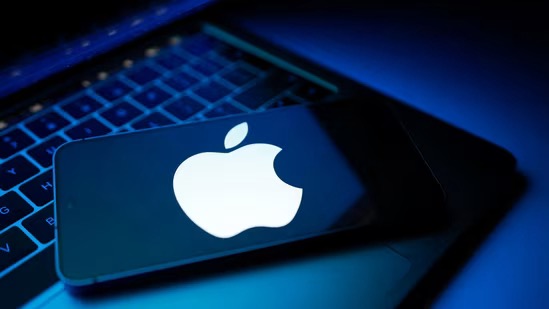In one of the largest password leaks in internet history, over 16 billion usernames and passwords have been exposed in a sweeping breach that has sent shockwaves through the cybersecurity world. The leaked data includes login credentials linked to major platforms such as Apple, Google, Facebook, Microsoft, Instagram, as well as countless banking, government, healthcare, and e-commerce services.
The sheer size of this leak and the inclusion of plaintext (unencrypted) passwords have left experts warning of a massive wave of potential account takeovers, identity theft, and financial fraud. If you haven’t changed your passwords recently or use the same one across multiple services, now is the time to act.
What’s in the Leak?
This data leak is believed to be a combined result of multiple past breaches, malware-based credential theft, and insecure cloud storage. What makes this incident particularly dangerous is the presence of billions of unencrypted passwords—meaning cybercriminals can use them immediately, without needing to crack or decode them.
The leak includes not only everyday user accounts but also sensitive credentials tied to financial services, private emails, cloud platforms, healthcare portals, and government websites. Even if only a small percentage of the passwords are still valid, it gives attackers an enormous starting point for widespread cyberattacks.
Why It’s a Serious Threat
1. Unencrypted Passwords
Most of the passwords in the database were stored in plaintext. This means anyone with access to the file can see your password exactly as you typed it.
2. Password Reuse
Millions of people reuse the same password across multiple websites. If a single password has been compromised, attackers can try it on other services—like your email, social media, or banking site—using automated “credential stuffing” tools.
3. Scale and Automation
With 16 billion combinations of usernames and passwords available, cybercriminals can run large-scale automated attacks to breach thousands of accounts in minutes.
4. Real-World Consequences
Leaked credentials can be used to steal money, open fake accounts, impersonate victims, or access private communications and personal files.

What You Should Do Right Now
If you use any of the affected platforms—or, frankly, any online service—it’s essential to secure your accounts. Here are the immediate steps you should take:
Change Your Passwords
Begin with your most sensitive accounts, including email, banking, and social media. Create strong, unique passwords that are at least 12 characters long and include a mix of letters, numbers, and symbols.
Use a Password Manager
Password managers generate and store strong passwords so you don’t have to remember them all. This also ensures you don’t reuse passwords across sites.
Enable Multi-Factor Authentication (MFA)
Even if someone has your password, MFA can block them. Set up a second verification step—like a code sent to your phone or an app-generated passcode—for all accounts that offer it.
Check for Breaches
Use online tools to check if your credentials have been compromised. If your email address appears in breach databases, change passwords for any associated accounts immediately.
Stay Alert
Watch for suspicious emails, login attempts, or account notifications. If you receive alerts that your password has changed or someone tried to log in, act fast.

The Bigger Picture: Passwords Are Broken
This breach reinforces what security experts have been saying for years: traditional passwords are no longer enough to keep accounts secure. The tech industry is now promoting safer alternatives, such as passkeys, biometric authentication (like fingerprint or face unlock), and hardware-based security keys.
It’s time to start moving away from old habits. Strong, unique passwords combined with MFA can dramatically reduce your risk—but the future will rely on even more advanced protections.
Final Thoughts
With 16 billion credentials leaked and the potential for widespread damage growing by the minute, taking action is no longer optional. Even if your accounts weren’t directly exposed, the reuse of passwords could still put you in danger.
Take control of your online security today—before someone else does.












